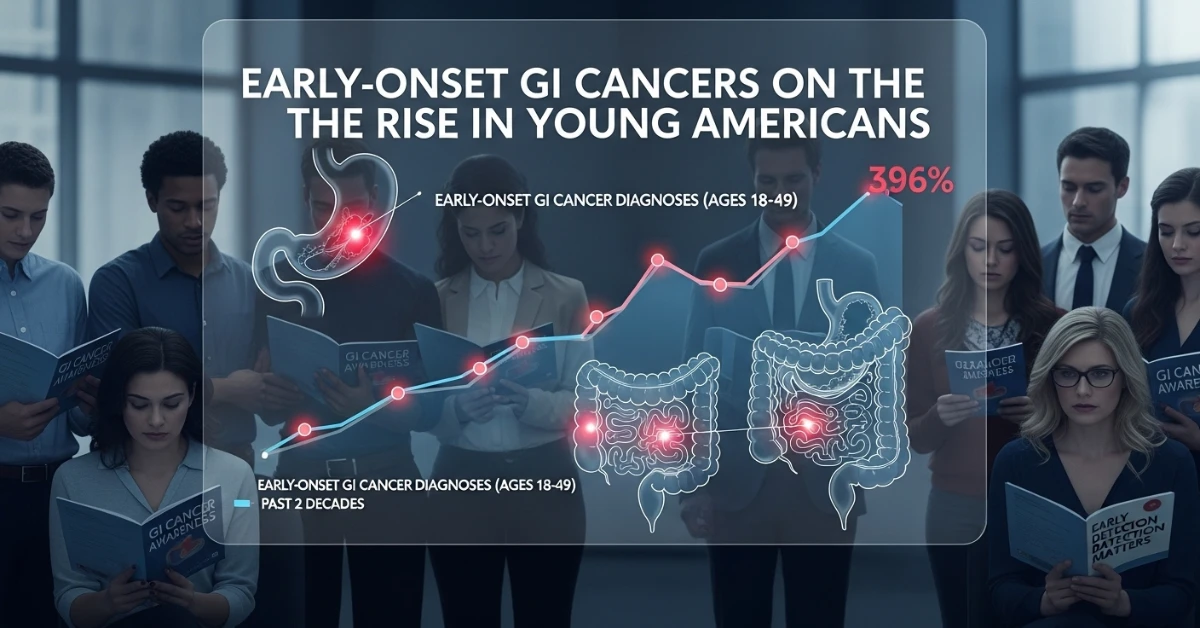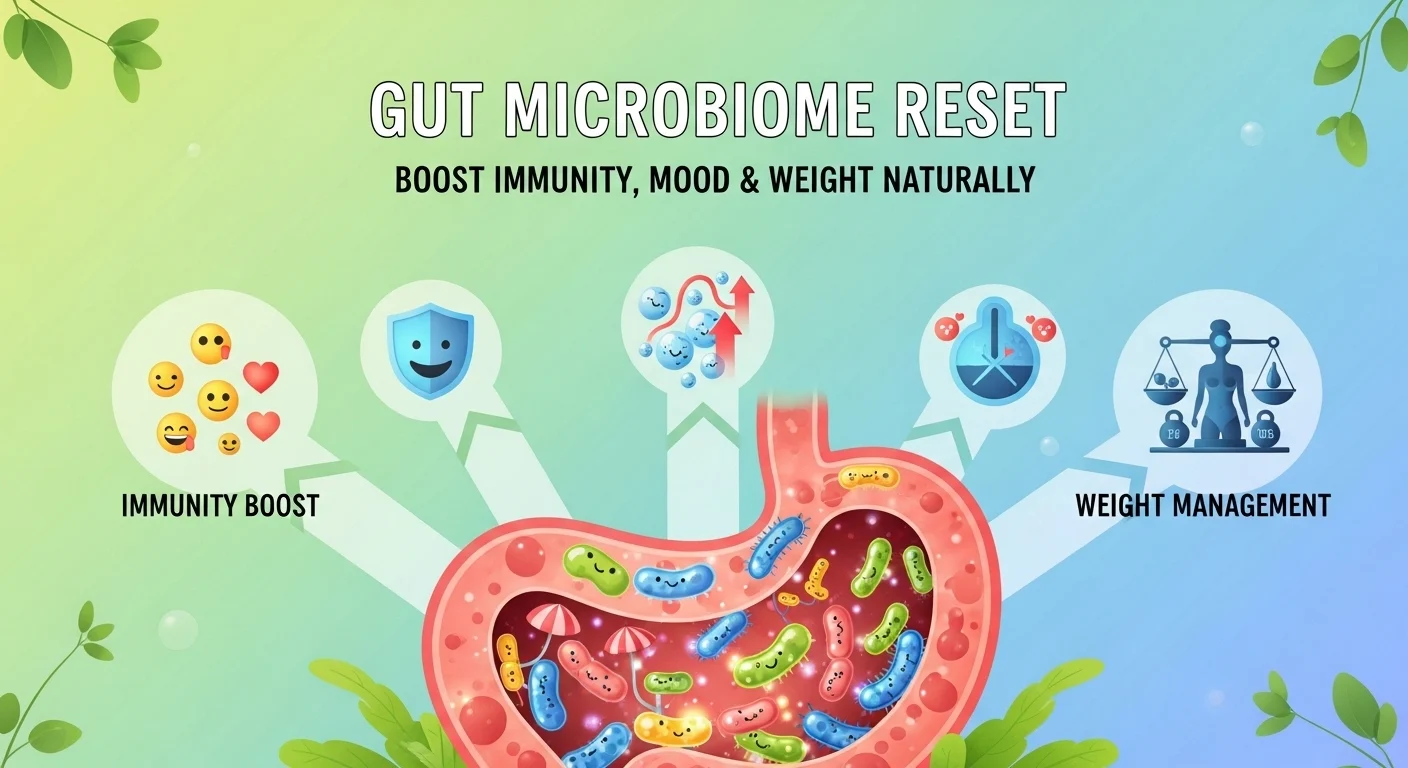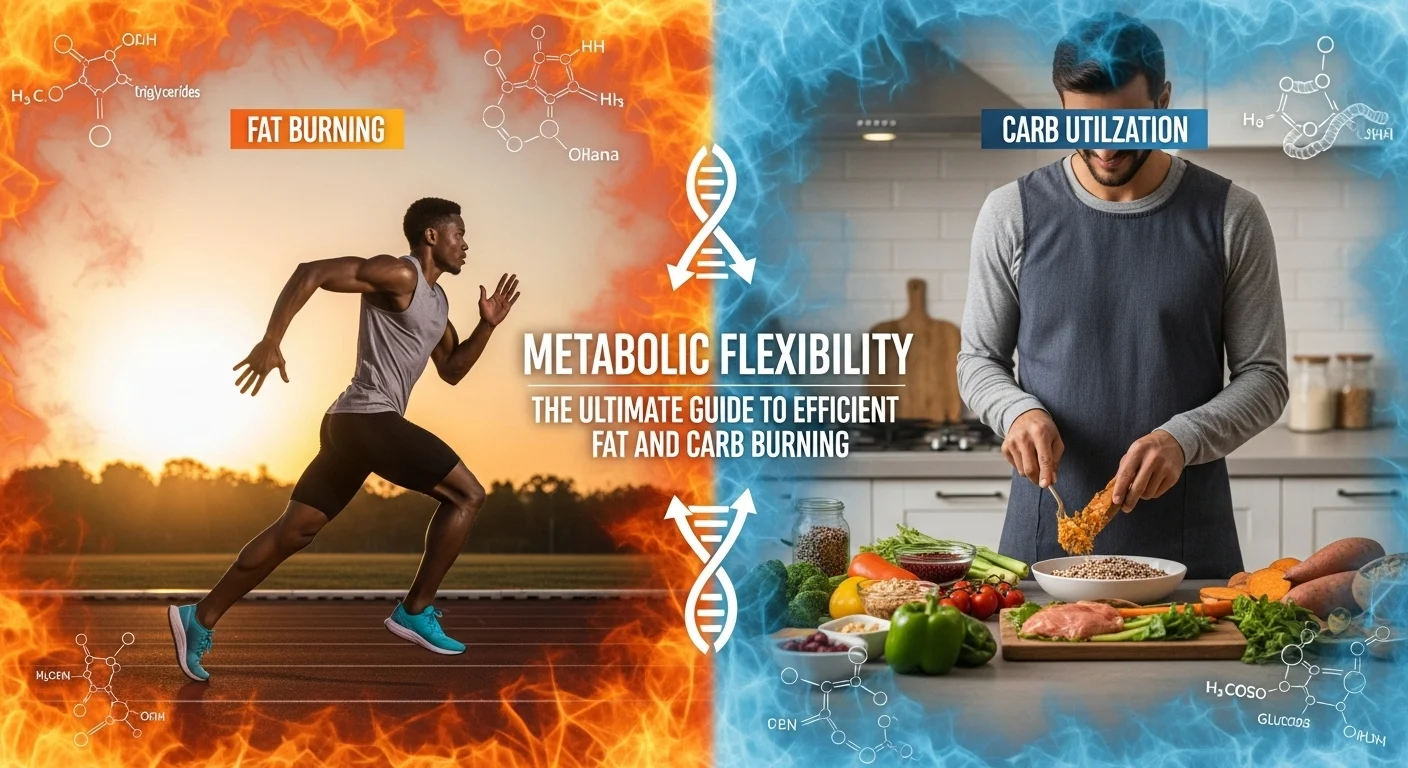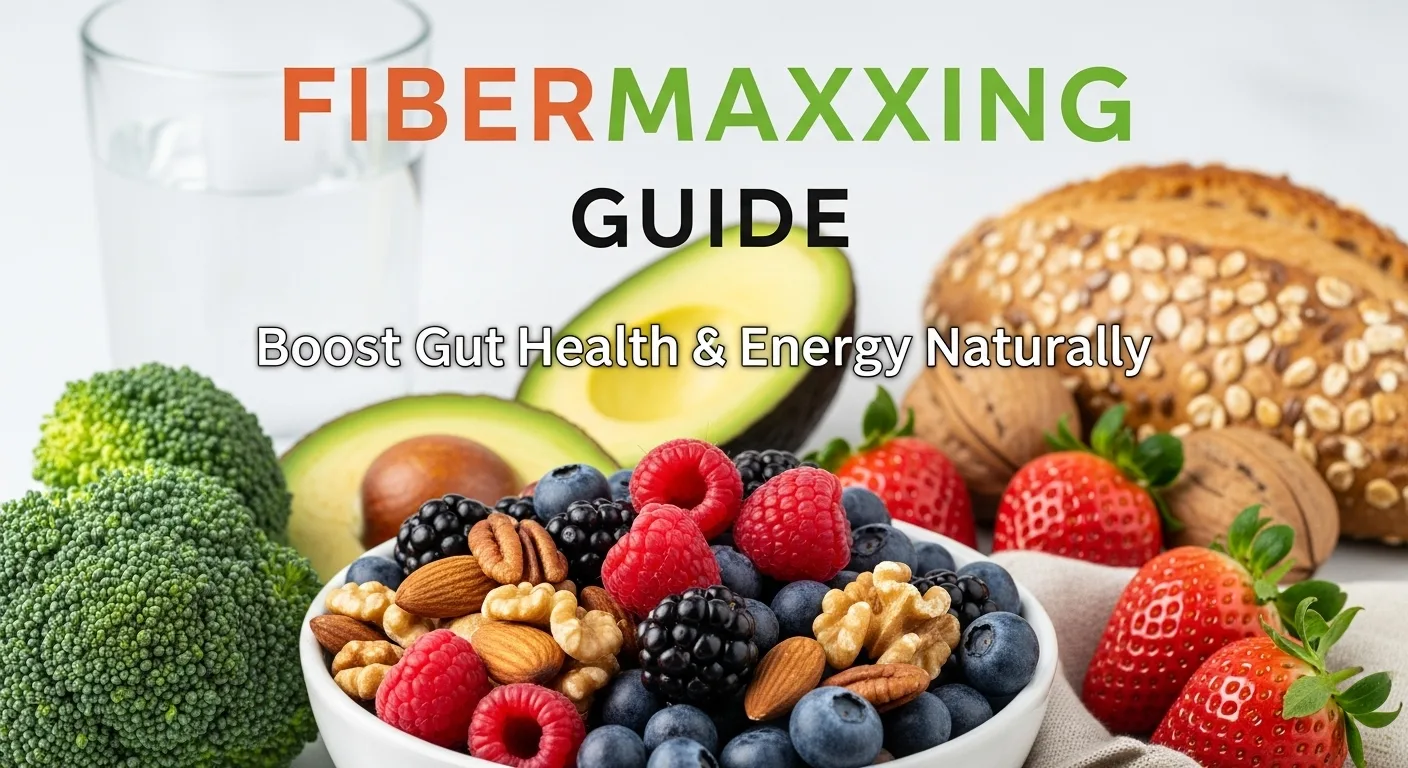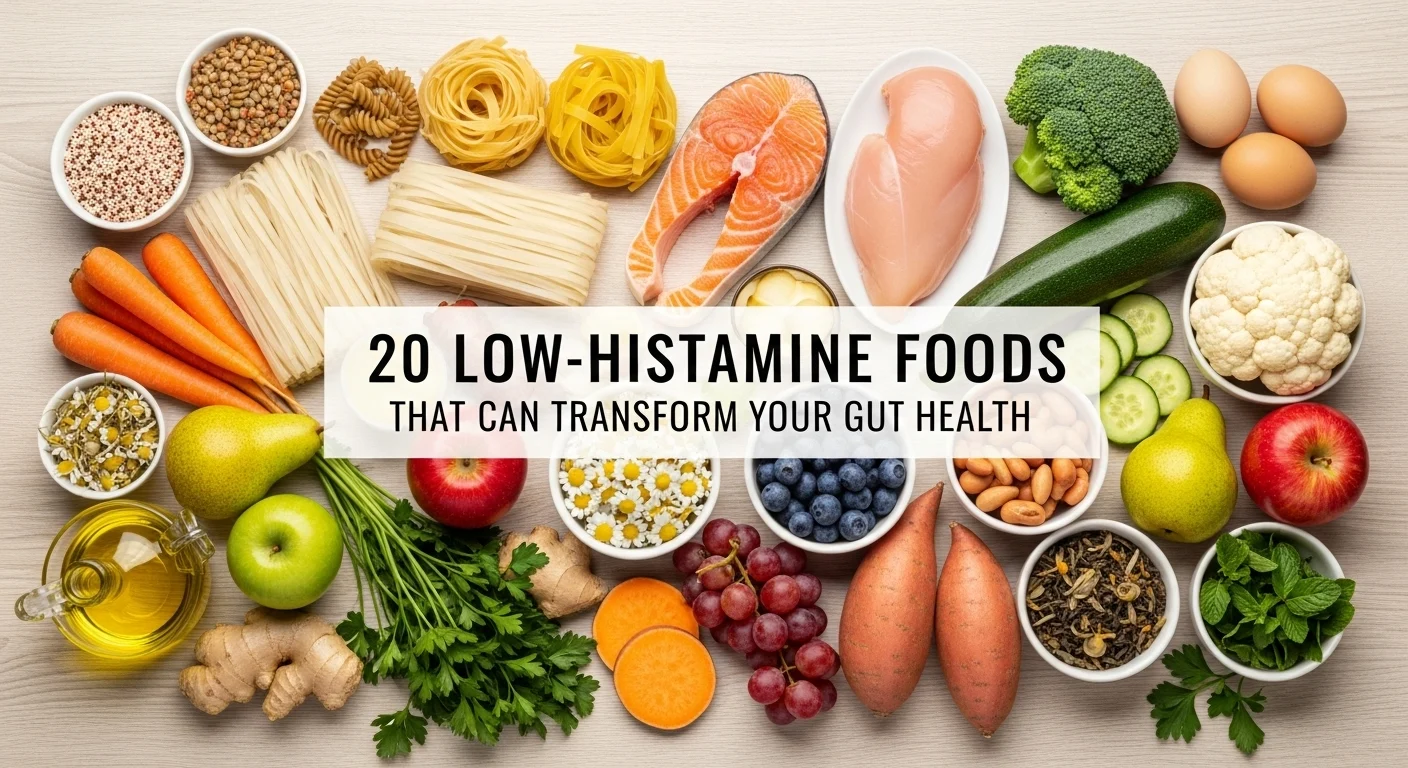High-Carb Superfoods have a bad reputation—but not all carbs are created equal.
Actually, a healthy diet must include carbs, and many foods heavy in carbohydrates are nutrient-dense.From fruits and veggies to grains and legumes, there are plenty of carb-rich foods that can boost your energy, support your health, and even help prevent disease.
In this article, we’ll break down 15 healthy high-carb foods you should consider adding to your meals—and how they benefit your body.
Table of Contents
What Makes a Carb “Healthy”?
Not all carbs are the same. Whole, minimally processed foods like fruits, vegetables, whole grains, and legumes are rich in good-quality carbohydrates. These come with fiber, vitamins, and minerals that support your overall well-being.
Highly processed and refined carb products, on the other hand—like white bread or sugary snacks—tend to lack these important nutrients and can spike blood sugar.(High-Carb Superfoods)
Eating a variety of whole, nutrient-packed carbs is a smart way to fuel your body and stay healthy.
15 Healthy High-Carb Foods to Add to Your Diet
🥦 Vegetables

Even veggies can be surprisingly high in carbs—and that’s a good thing when you’re choosing the right ones.
1. Sweet Potatoes
Sweet, filling, and super versatile, sweet potatoes are a powerhouse of nutrition.
37.3g of carbohydrates are included in one big roasted sweet potato (with skin).
They are rich in vitamins A and C as well as potassium.
Bonus: Purple sweet potatoes could potentially have anticancer and antioxidant properties.(High-Carb Superfoods)
2. Beets
These vibrant root veggies are great raw or cooked.
13g of carbohydrates, folate, potassium, calcium, and vitamin A are all present in one cup of raw beets.
Beets also provide natural inorganic nitrates, which can boost heart health.
3. Corn
Corn is more than just a cookout favorite—it’s a nutrient-rich grain too.
A 100g serving has 18.7g of carbs and 3.27g of protein, plus a good hit of vitamin C.
🌾 Whole Grains & Pseudo grains

Whole grains include protein, fiber, and complex carbohydrates, which makes them ideal for sustained energy.
4. Quinoa
Technically a pseudograin, quinoa is gluten-free, nutrient-dense, and easy to cook.
One cup of cooked quinoa has 39.4g of carbs and 8.14g of protein.
It’s rich in magnesium, potassium, and phosphorus.
Read More:Quinoa: Belly Fat Burner Guaranteed Food?
5. Brown Rice
Swap white rice for this fiber-rich whole grain.
One cup of cooked brown rice delivers 45.8g of carbs and plenty of antioxidants.
6. Oats
Whether you go for rolled, steel-cut, or quick oats, they’re a high-carb staple.
A cup of raw oats has 16.5g of fiber, 26.4g of protein, and 103g of carbohydrates.
Oat fiber has been shown to help reduce the risk of heart disease.
🍌 Fruits

Fruit carbs come wrapped in fiber, water, and essential nutrients—nature’s perfect package.
7. Bananas
Easy to grab and full of potassium, bananas are ideal pre- or post-workout.
A medium banana contains 26.9g of carbs and offers vitamins A and C.
Potassium is key for heart health and lower blood pressure.
(High-Carb Superfoods)
8. Apples
Apples are a crunchy source of 20.6g of carbs per medium fruit.
They also deliver vitamins A, C, potassium, and fiber.
One study found they may help reduce the risk of cancer-related death.(High-Carb Superfoods)
9. Mangoes
Tropical and tasty, mangoes are packed with 24.8g of carbs per cup.
They’re rich in vitamins A and C, fiber, and potassium.
🍇 Dried Fruits

Dried fruits are naturally high in carbs and easy to carry. Just check for added sugars and go for minimally processed versions.(High-Carb Superfoods)
10. Dates
Sweet and satisfying, dates offer 18g of carbs each.
They’re also full of fiber, potassium, calcium, and vitamin A.
11. Raisins
A cup of raisins packs a serious 130g of carbs.
They’re also a great source of potassium, magnesium, calcium, and antioxidants that fight cell damage.
12. Goji Berries
Known as a “superfood,” 100g of goji berries contains 77g of carbs and 13g of fiber.
They’re especially high in vitamin A and antioxidants.
🫘 Legumes & Pulses

Lentils and beans are rich in complex carbohydrates, fiber, and protein.(High-Carb Superfoods)
13. Kidney Beans
These hearty beans offer 40g of carbs per cooked cup, plus 15.3g of protein and 13.1g of fiber.
They’re also a good source of iron and potassium and may help with colon inflammation.(High-Carb Superfoods)
14. Garbanzo Beans (Chickpeas)
The star of hummus and a nutritional powerhouse are chickpeas.
A cooked cup has 14.5g of protein, 44.9g of carbohydrates, calcium, and fiber.
15. Lentils
In a boiling cup, lentils provide 39.8g of carbohydrates, 17.9g of protein, and 15.6g of fiber, making them an excellent meatless protein source.
They contain high levels of folate, phosphorus, calcium, and potassium.
⚠️ High-Carb Foods to Avoid
Not all carbs are good for you. (High-Carb Superfoods) Highly refined or sugary options often lack nutrients and can spike blood sugar. Try to limit:
- Candy and sweet baked goods
- White bread, white pasta, and white rice
- Sugary breakfast cereals
- Soda and sugary drinks
- Processed snack foods like chips
- Flavored yogurts with added sugar
- Anything with high fructose corn syrup
Should You Cut Carbs?
Carbs are one of the three essential macronutrients (along with protein and fat). For most people, cutting carbs completely isn’t necessary and could even lead to nutritional imbalances.(High-Carb Superfoods)
However, in certain cases, limiting carbs might be beneficial—but only under medical supervision.
Possible benefits of low-carb diets include:
- Better blood sugar control for people with type 2 diabetes
- Short-term weight loss (mostly from water weight initially)
- Improved HDL (“good”) cholesterol levels
That said, research is mixed, especially regarding long-term effects and impact on “bad” LDL cholesterol. Consult your physician before beginning a low-carb diet.
The Bottom Line
Carbs are not the enemy—processed carbs are.
Choosing whole, nutrient-dense high-carb foods like fruits, veggies, whole grains, and legumes can energize your body and support your health.
Whether you’re looking to boost energy, build muscle, or just feel your best, adding these smart carb choices to your diet is a great place to start.
If you have a specific health condition or dietary concern, speak with a doctor or registered dietitian to tailor your carb intake to your needs.(High-Carb Superfoods)

